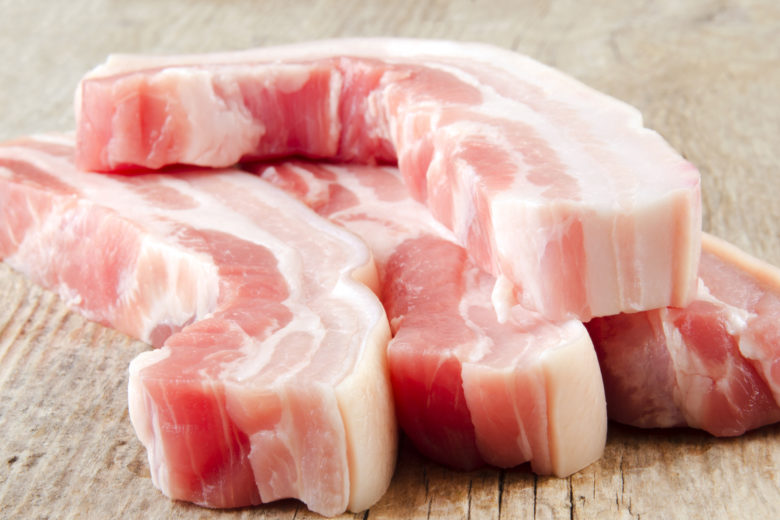
One of the latest preserved food trends is arguably one of the more confusing. Not only is “uncured bacon” cured (usually in salt), but its appeal is due to the absence of nitrates and nitrites — which may be harmful, healthful or both, depending on which study you reference.
According to an article in the September 2013 Journal of the Academy of Nutrition and Dietetics, nitrates and nitrites help stabilize color and protect against the deadly bacteria Clostridium botulinum. Some animal studies suggest that these compounds may be carcinogenic in humans, and cancer prevention guidelines recommend limiting processed meat even though the key factor linking processed meat and cancer is unclear.
Meanwhile, there is emerging evidence that conversion of dietary nitrate and nitrite to nitric oxide has beneficial effects in cardiovascular disease and lowers blood pressure. On average, meats contribute 5 to 20 percent of dietary nitrate and nitrite intake, with drinking water providing up to 25 percent. Vegetables, as a source of ingested nitrates, account for approximately 80 percent of dietary intake in the average population.
So unless one regularly eats copious amounts of bacon, choosing a nitrate- and nitrite-free product would have little effect on overall consumption.
